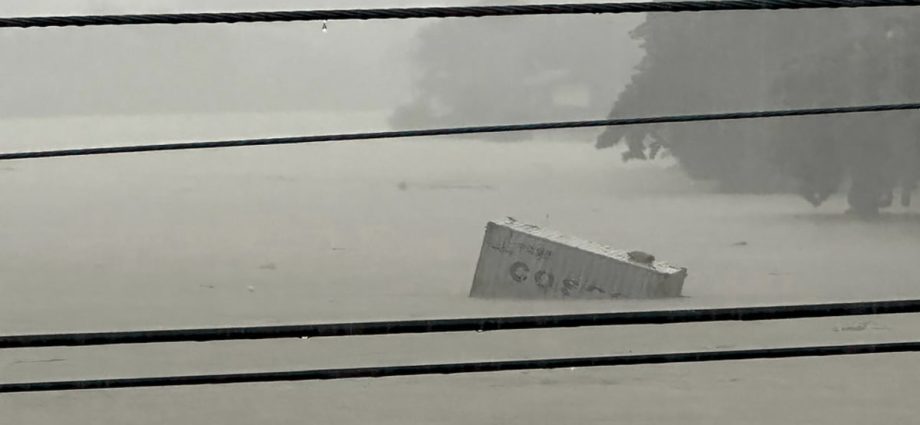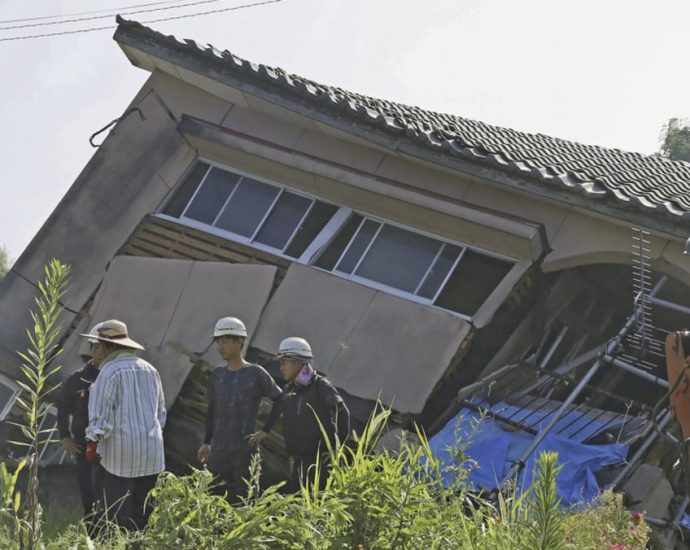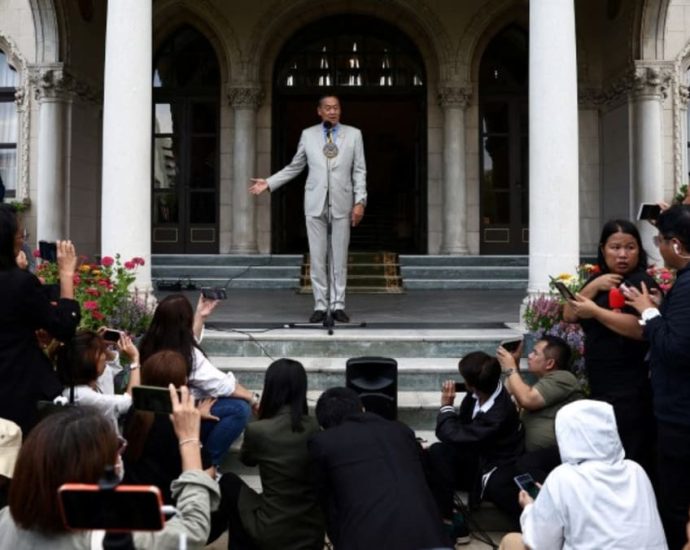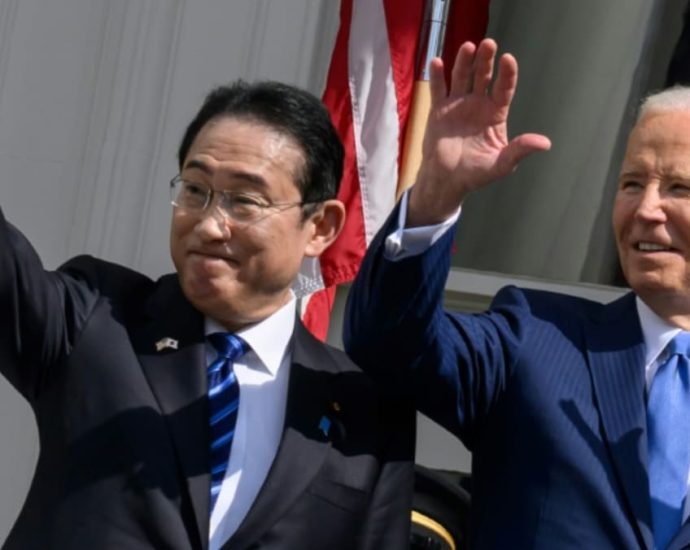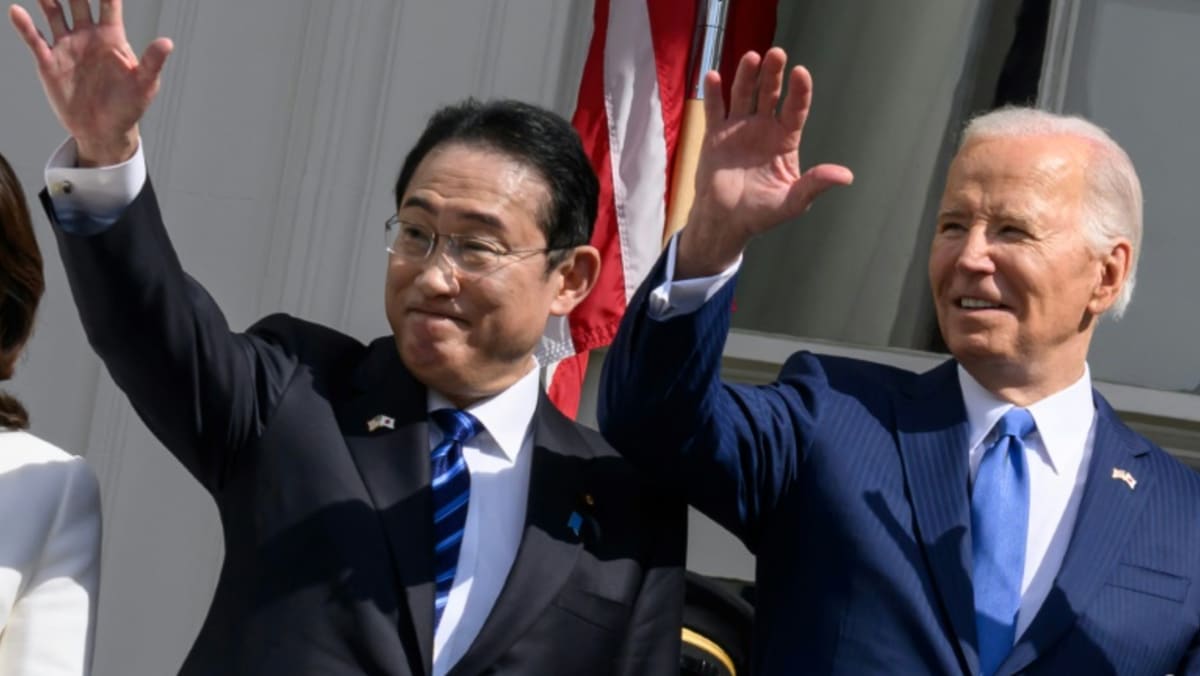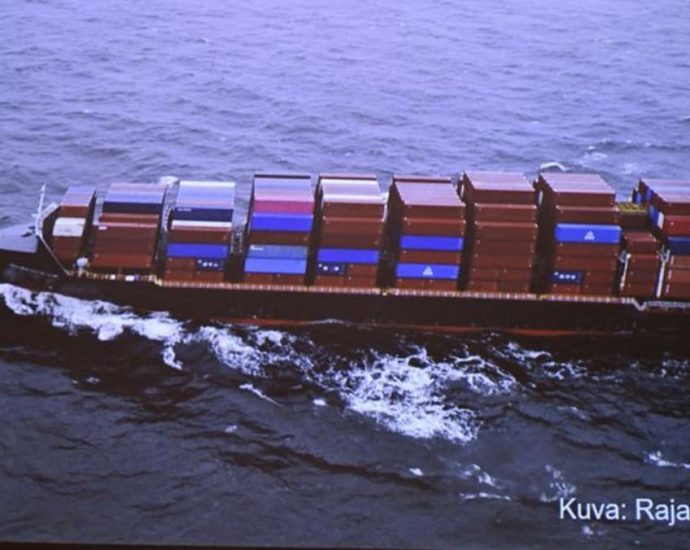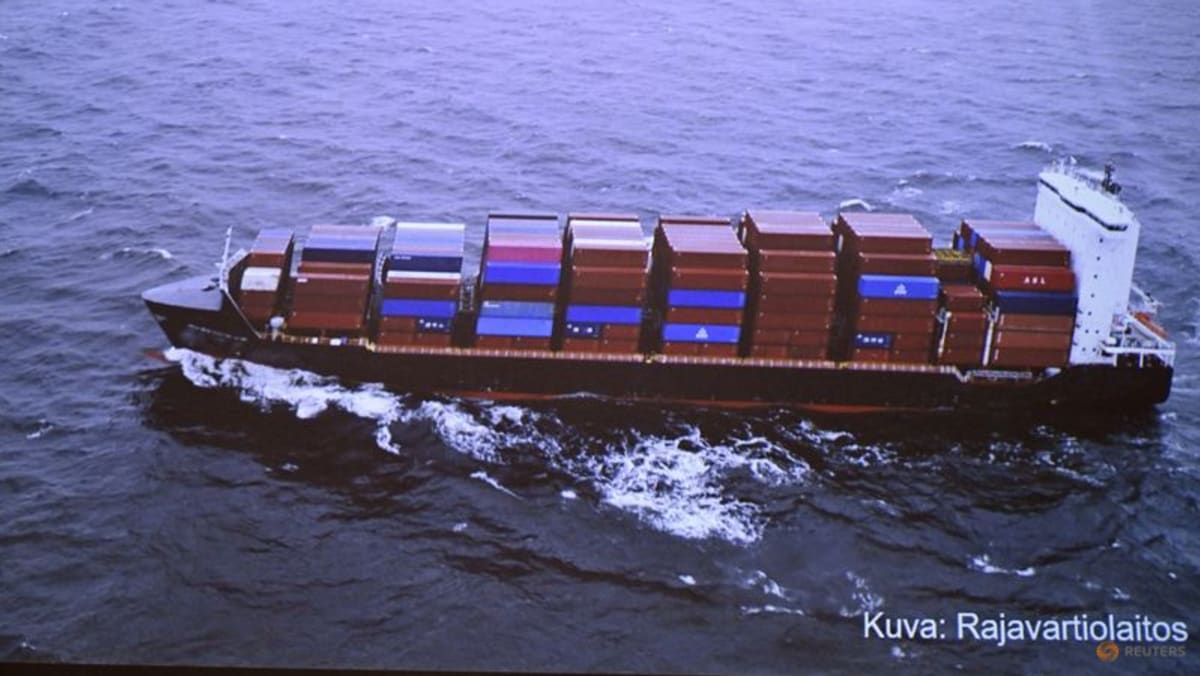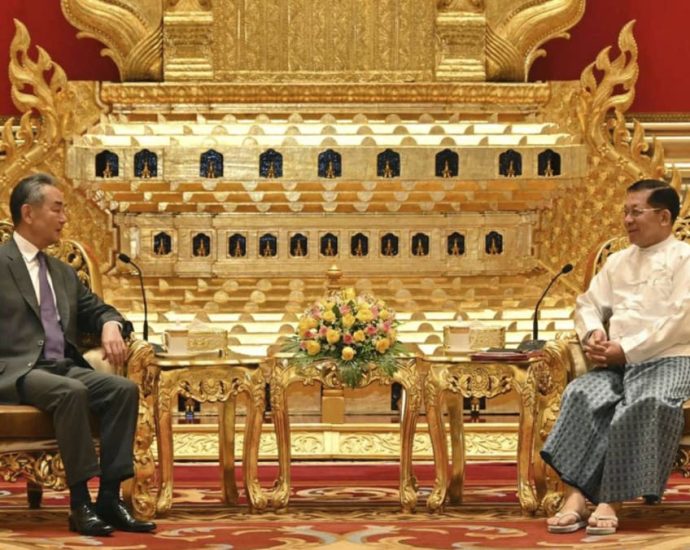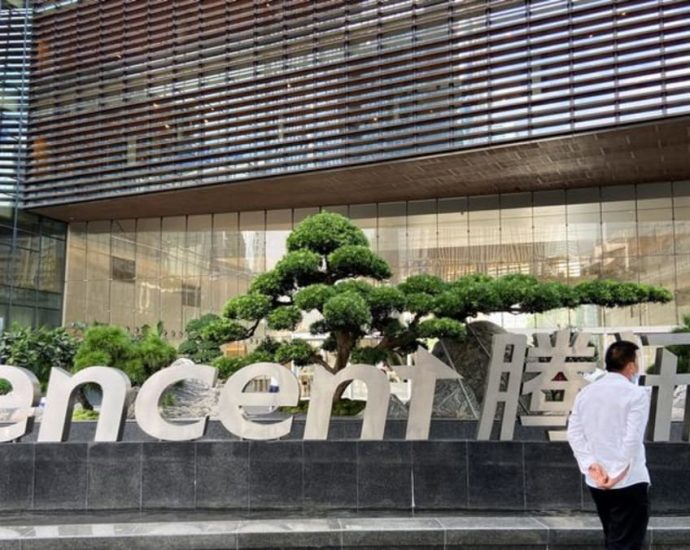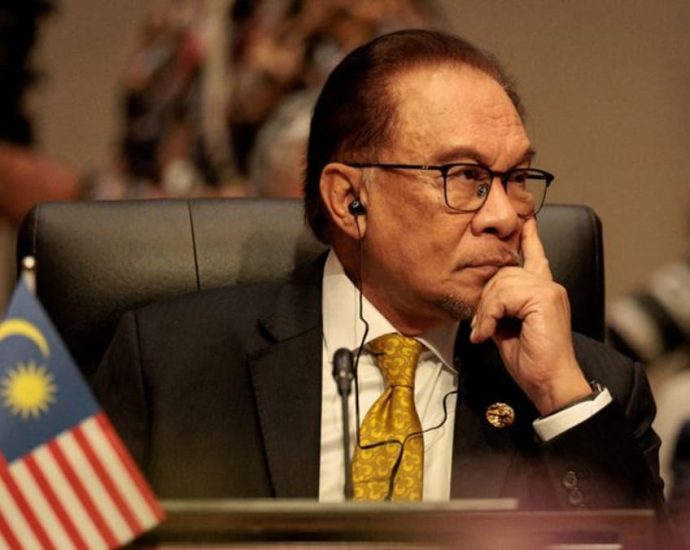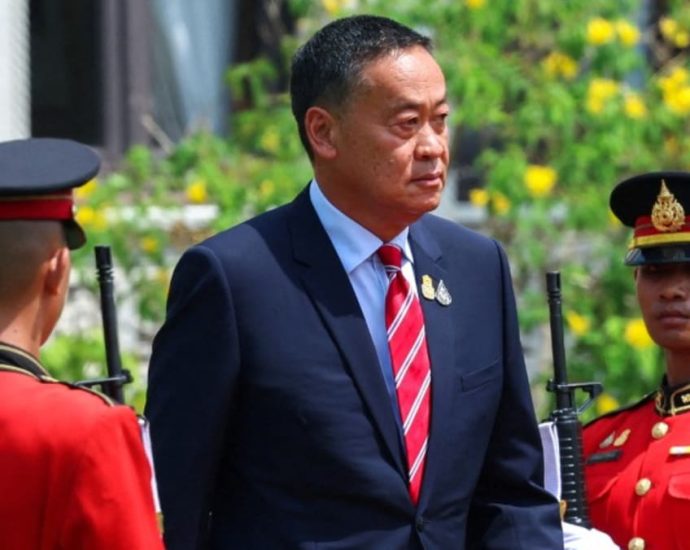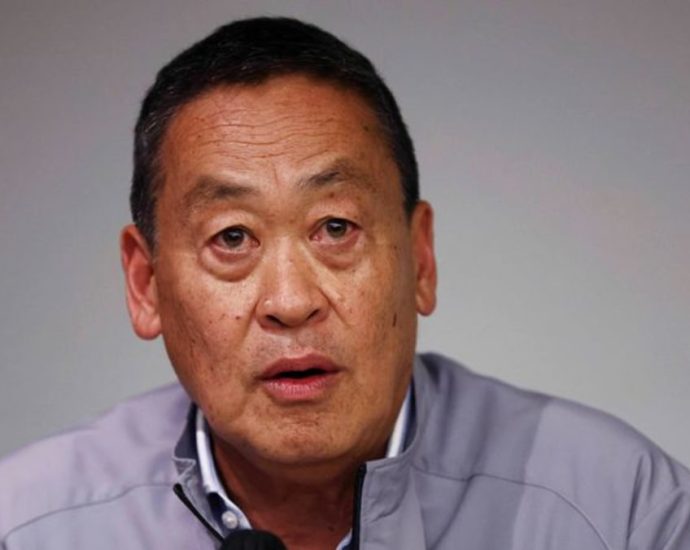Survey shows disaster-prone Southeast Asia is also best prepared, suggesting lessons can be learned
Southeast Asia is one of the nations most susceptible to natural disasters, but a new analysis released on Thursday ( Aug 15 ) reveals that its citizens also feel the most prepared to deal with them. It seems reasonable that the countries in and around the Pacific Ring of Fire,Continue Reading

